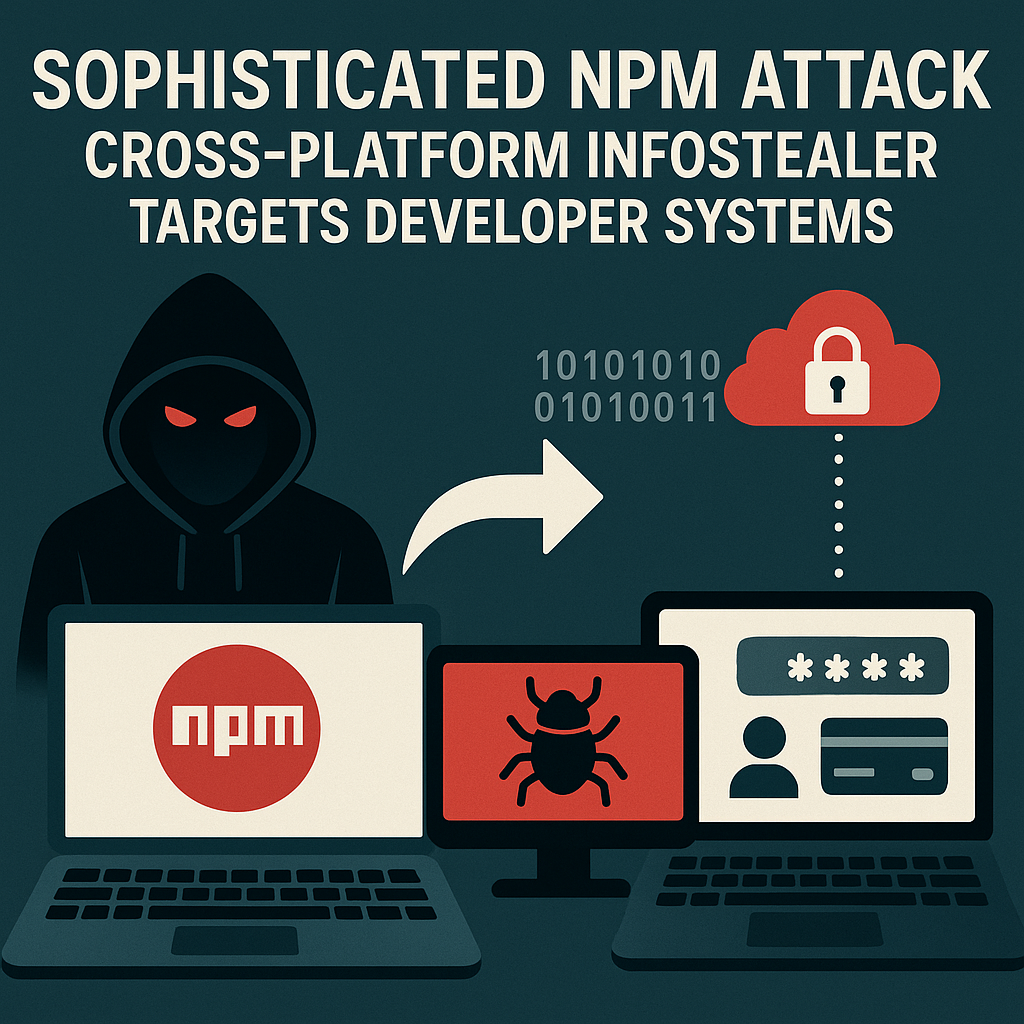
Open-Source Security – Balancing Innovation with Protection
Open-source security has become a critical focus as more organizations adopt open-source software for flexibility, cost savings, and innovation. While open-source tools offer transparency and community-driven improvements, they also come with potential risks. Publicly available code can be targeted by cybercriminals who exploit unpatched vulnerabilities or poorly maintained components. Without proper oversight, outdated libraries or weak dependencies can create major security gaps. To ensure open-source security, businesses must actively manage dependencies, apply updates promptly, and monitor for newly discovered vulnerabilities. Automated scanning tools and software composition analysis (SCA) can help detect risks early in the development cycle. Additionally, engaging with trusted open-source communities and contributing to security best practices can enhance both protection and code quality. As open-source adoption continues to grow, integrating strong security protocols is essential to protect digital assets and maintain trust in the software supply chain.

